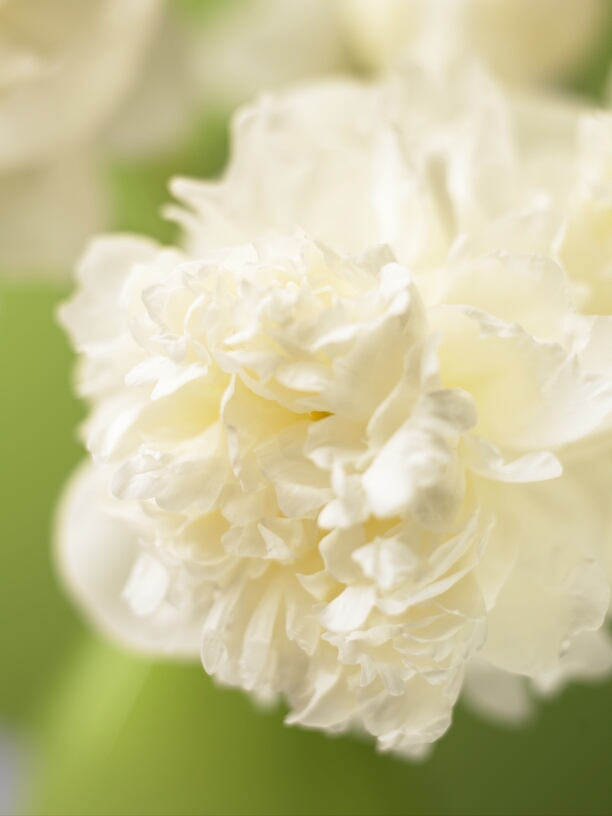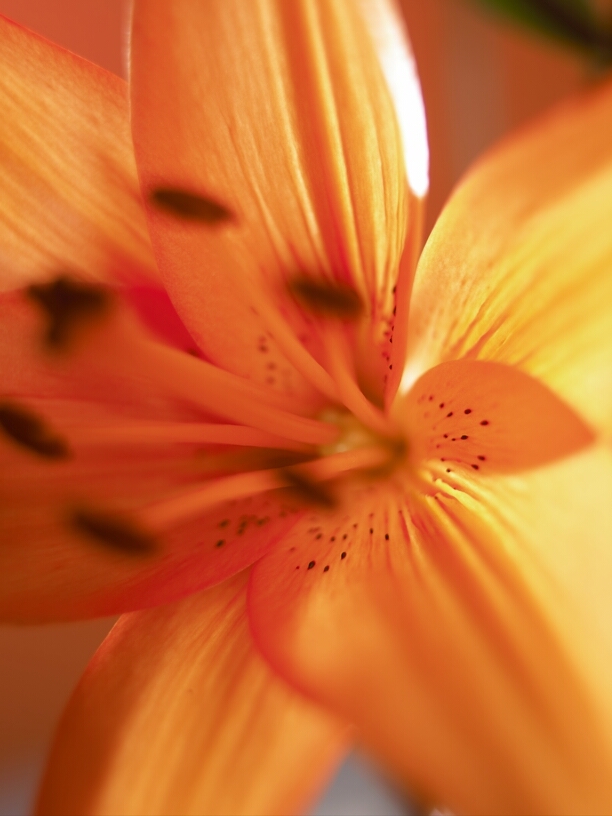
Ethylene



What is Ethylene?
The USDA attributes about 30% of shrink to ethylene. Ethylene is a gaseous plant hormone that profoundly influences the growth and development of plants. Some deleterious effects of ethylene exposure include leaf yellowing, flower (or petal) drop, irregular opening, and premature death. Any individual flower produces ethylene, but is also susceptible to ethylene produced by many other sources (including produce, propane heaters, gas-powered forklifts, cigarette smoke, and other flowers).
Ethylene levels above 100 ppb can do damage to flowers over time periods greater than 24 hours. Levels of about 250 ppb can do damage to flowers in as little as 12 hours.
It is important to understand the small amount that 100 ppb represents. If you add 100 drops of food coloring to 26,400 gallons of water, the concentration of the food coloring is 100 ppb.
When flowers are properly treated with an ethylene action inhibitor you can expect some of the following benefits:
1. Longer Flower Life. Ethylene inhibitor products such as EthylBloc™ Technology will greatly increase the vase life of ethylene sensitive flowers.
The following experiments performed at Floralife show this fact:

2. Increased Bud Opening. EthylBloc™ Technology will not only increase the vase life of flowers like Alstroemeria and lilies, but will also increase the number of fully open buds from 60% to 93% of total buds.
3. Prevents Premature Shattering. EthylBloc™ Technology can prevent the premature shattering of florets in snapdragons, delphinium and agapanthus.
Ethylene Sensitive Flowers

©2021 FTD, LLC. All Rights Reserved.
